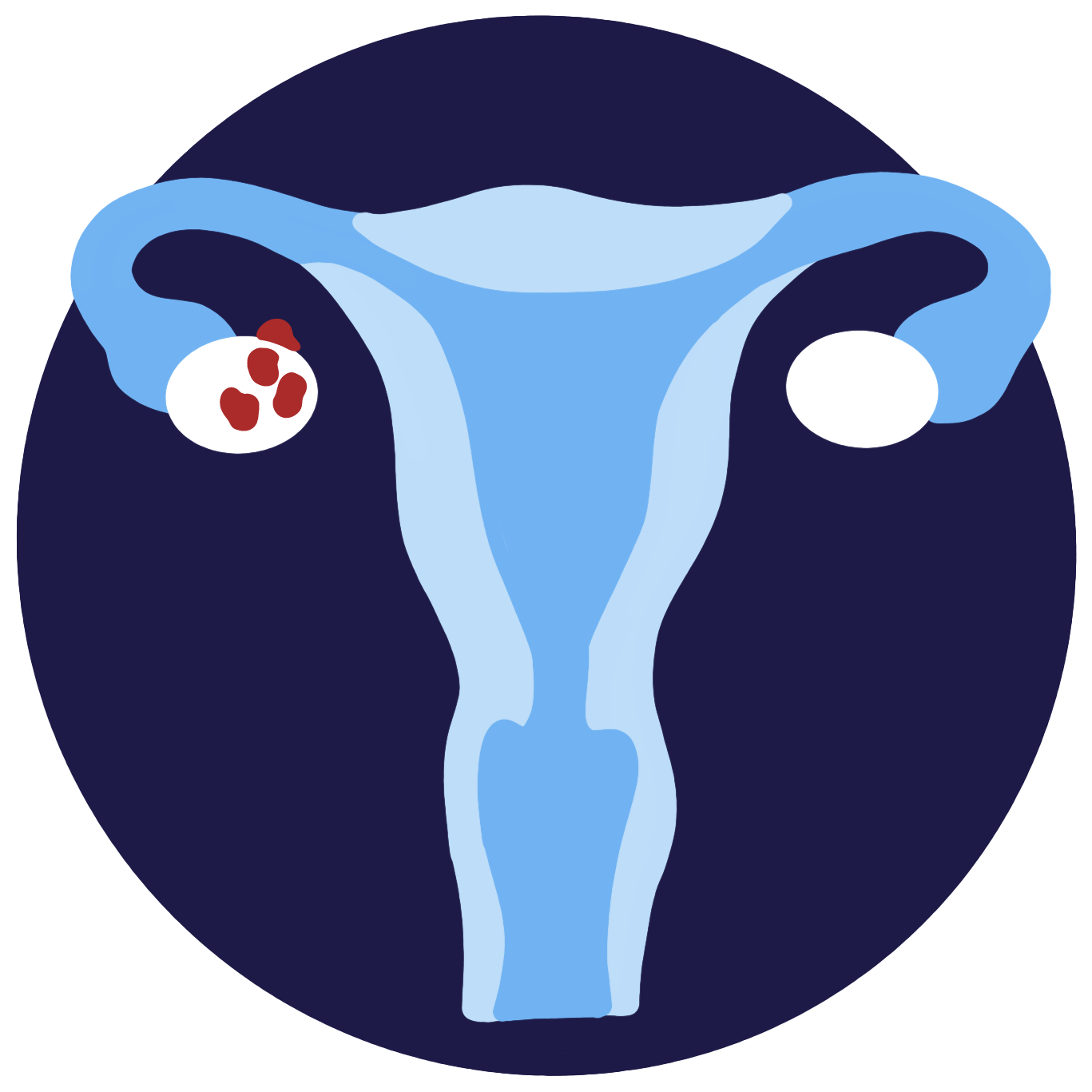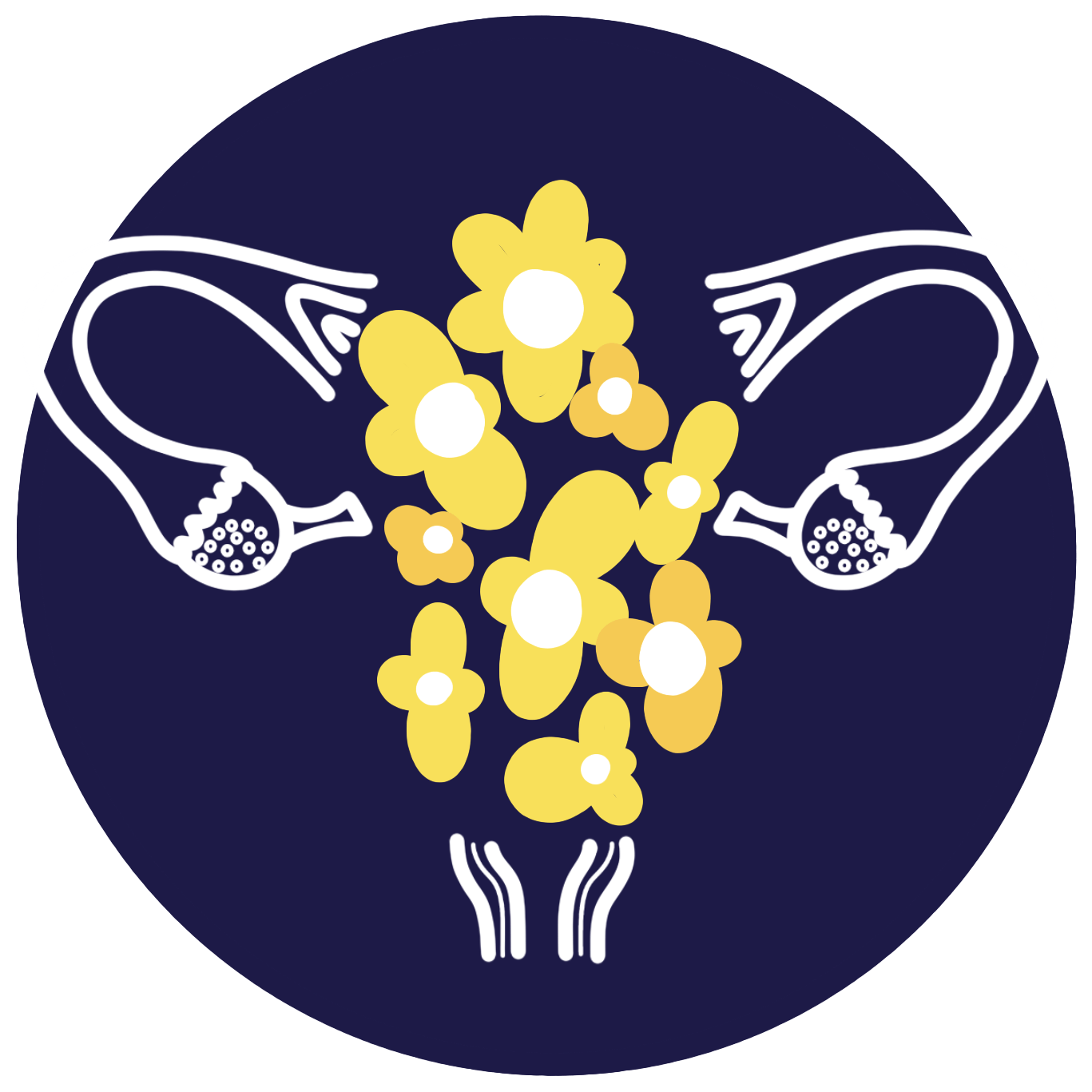What Is Vaginismus?
Vaginismus affects roughly 2 in 1000 women. It is the involuntary tightening of the muscles around the vagina whenever penetration is tried. This can make penetration very painful (dyspareunia) or impossible.
This can happen:
- As a partner attempts penetration
- When someone inserts a tampon
- When something is put near the vaginal area
- Smear tests
- Anything type of penetration
Vaginismus is classified into 2 types:
- Primary Vaginismus: when vaginal penetration has never been achieved.
- Secondary Vaginismus: when vaginal penetration was once achieved, but is no longer possible, potentially due to factors such as gynecologic surgery, trauma, or radiation.
Some women develop vaginismus after menopause. When estrogen levels drop, a lack of vaginal lubrication and elasticity makes intercourse painful, stressful, or impossible.
Dyspareunia is the medical term for painful sexual intercourse. It’s often confused with vaginismus.
However, dyspareunia could be due to:
- Cysts
- Pelvic inflammatory disease (PID)
- Vaginal atrophy
It’s important to remember that every person living with vaginismus has a unique experience and it’s not a case of ‘one size fits all’. You are not broken and you can get help!

Causes Of Vaginismus
There’s not always a reason for vaginismus. However, it has sometimes been linked to:
• Sexual abuse or trauma
• Past painful intercourse
• Emotional factors
In some cases, no direct cause can be found.
To make a diagnosis, your doctor/GP will perform an exam and ask about your medical and sexual history. This can sometimes help give the doctors clues to the underlying cause.
Treatments For Vaginismus
Psychosexual therapy
Sex therapy may involve you alone or with your partner. Working with a therapist who specialises in sexual disorders can be helpful, especially for those who have trauma-based vaginismus.
Relaxation techniques and hypnosis may also promote relaxation and help you feel more comfortable with intercourse.
You can find a list of full certified sex therapists here: COSRT
Vaginal dilators
Your doctor or psychosexual therapist may recommend learning to use vaginal dilators under the supervision of a specialist.
Vaginal dilators help the vaginal muscles stretch and become flexible.
To increase intimacy, have your partner help you insert the dilators – if you feel comfortable. After completing the course of treatment with a set of dilators, you and your partner can try to have intercourse again.
It’s important to remember, sex isn’t just about penetration and vaginismus doesn’t affect your clitoris – so pleasure is still very much on the cards.
Physical therapy
If you have a hard time using dilators on your own, obtain a referral to a physical therapist who specializes in the pelvic floor.
They can help you:
- learn how to use dilators
- learn to use deep relaxation techniques
Useful Links
Some great sites and useful links for Vaginismus help and its community are as follows:








